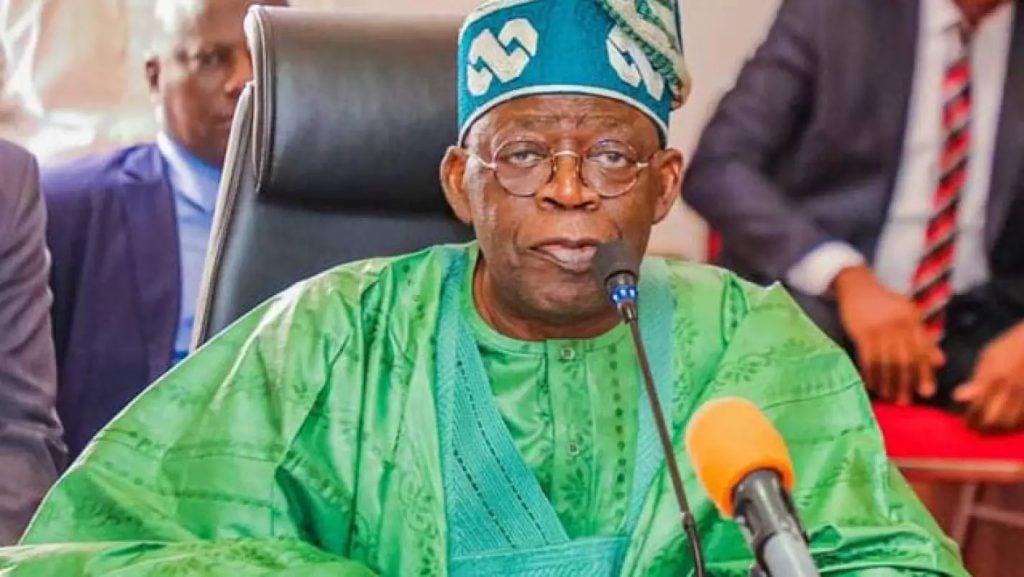The reforms of the Tinubu administration have changed our initial views on the macro economy.
Based on recent FX changes, we have revised our year-end forecast for the Naira to N785.77/US$ from N510/US$.
In the short term, we believe that there will still be a moderate disparity between the FX rates at the parallel market and the I&E window as more demand continues to go to the parallel market and supply remains constrained.
Reform Impact and High-Interest Rates Dim Growth Prospects
Price pressures and the need to attract foreign portfolio investors (FPIs) amidst elevated interest rates in advanced countries have remained at the front burner for the monetary policy committee, as they have clearly prioritized these concerns over growth.
Though a spike in inflation numbers implies a widening of the negative real interest rate and should call for more aggressive rate hikes, we do not believe the monetary authorities will be willing to raise the policy rate much higher than current levels given the new administration’s perceived bias for low-interest rates.



